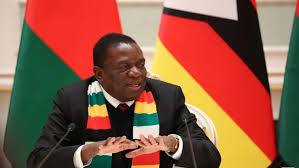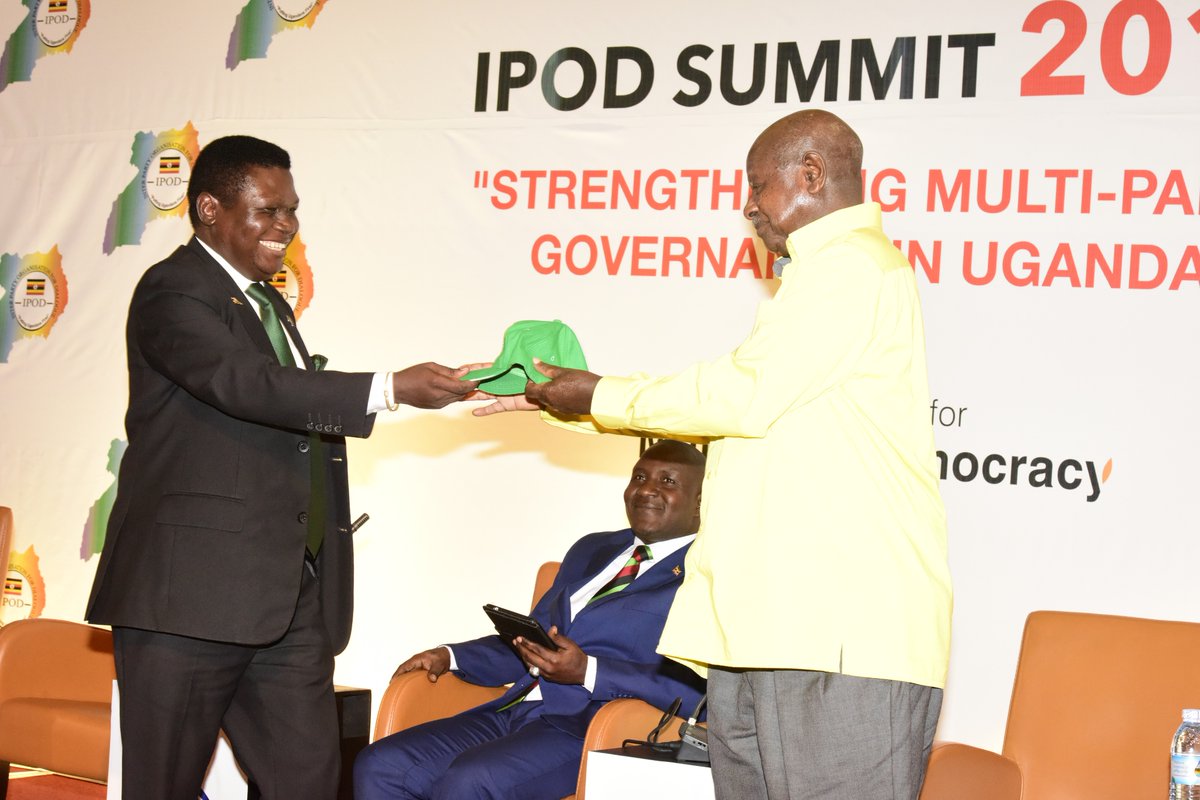Harare, Zimbabwe — Zimbabwe’s ruling party, ZANU–PF, has resolved to amend the constitution to extend President Emmerson Mnangagwa’s term in office by two years — a move that opposition leaders and civil rights groups have condemned as unconstitutional and a threat to democracy.
The proposal, adopted during the party’s annual conference late on Saturday, October 18, 2025, would allow the 83-year-old leader to remain in power until 2030, instead of stepping down in 2028 when his second and final five-year term is legally set to expire.
Announcing the resolution, Ziyambi Ziyambi, the party’s Secretary for Legal Affairs and Minister of Justice, said the amendment was necessary to ensure “continuity, stability, and the sustained transformation of the nation.”
“The party and government are therefore directed to initiate the necessary legislative amendments to give full effect to this resolution,” Ziyambi told delegates at the conference.
Opposition figures have sharply criticized the plan, calling it a direct assault on Zimbabwe’s constitution.
Jameson Timba, a senior member of the opposition and a veteran politician, said the ruling party was attempting to undermine constitutional democracy.
“We are a constitutional democracy, and the supremacy of the Constitution must remain non-negotiable,” Timba said in a statement on Sunday. He also called for clarification from the Speaker of Parliament and urged citizens to defend the Constitution peacefully.
Job Sikhala, facilitator of the National Democratic Working Group, described the move as “a provocation by a political party whose mode of operation has always been predatory.”
He warned that the coming months would test the strength and unity of democratic forces in the country.
The proposal comes amid growing reports of a succession battle within ZANU–PF.
President Mnangagwa’s main rival, Vice President Constantino Chiwenga, who played a key role in the 2017 military coup that brought Mnangagwa to power, has been accused by party insiders of plotting against him — allegations Chiwenga has not publicly addressed.
Political analysts say the term extension could be an attempt by Mnangagwa to tighten his grip on power and sideline rivals within the ruling party.
President Mnangagwa first came to power in 2017 after the ouster of long-time leader Robert Mugabe in a military-backed takeover. He was later elected in 2018 and re-elected in 2023 in polls that opposition parties and international observers said were marred by irregularities.
Zimbabwe’s Constitution currently limits presidents to two five-year terms, a measure introduced after Mugabe’s nearly four-decade rule to prevent another era of entrenched leadership.
Despite these limits, ZANU–PF’s dominance in parliament gives it the numbers needed to pass constitutional amendments. The party has ruled Zimbabwe since independence in 1980 and maintains a tight hold on the country’s political and economic systems.
Opposition parties have warned that any attempt to alter term limits will further isolate Zimbabwe internationally and deepen political tensions at home.
The move comes as Zimbabwe continues to struggle with a weak economy, high inflation, and widespread unemployment. Many citizens say they are more concerned with economic reforms and job creation than constitutional changes.
Independent economists warn that the political uncertainty surrounding the proposed amendment could discourage foreign investment and strain Zimbabwe’s already fragile economy.



